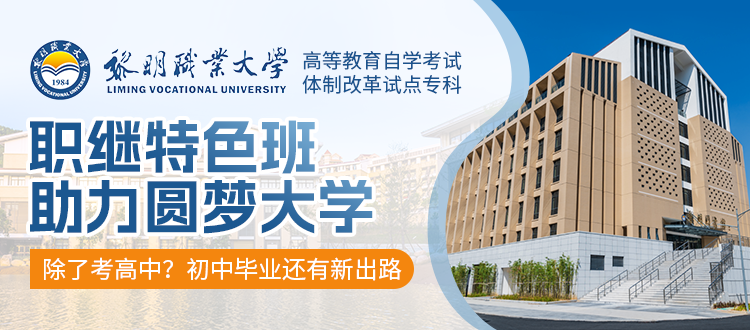福建中考网(http://www.555edu.net/)复习指导中考英语栏目为考生整编的中考英语知识:短语、词组和重点句型归纳总结
IV. “逻辑”类错误例析 逻辑类错误是指用英语表达某一思想时,犯了逻辑推理错误,导致句子语法成分不全,句意表达上前后矛盾等方面的失误。 例1. 重庆比中国的其他城市都大。 Chongqing is larger than any city in China. (×) Chongqing is larger than any other city in China. (√) [析] “any city in China”包括了重庆这座城市, 同一事物自己与自己不能做比较,只有在city 前加上other才能表示重庆和中国的其它城市比较大小。 例2. 广州的天气比北京的天气更暖和。 The weather in Guangzhou is warmer than Beijing. (×) The weather in Guangzhou is warmer than that in Beijing . (√) [析] 表示比较时,句子中的两个比较对象必须一致,不同的比较对象不能做比较。错误句的比较对象分别为the weather in Guangzhou和Beijing,这两个不同类的事物之间不能做比较。 V. “受汉语思维方式影响”类错误例析 受汉语影响类错误是指用英语表达某个意思时,受了汉语表达的影响而导致犯错。 例1. Mr Wu teaches our English. (×) Mr Wu teaches us English. (√) [析] “teach sb. sth.”句式中的sb.和 sth.是teach的双宾语,因此teach后的人称代词要用宾格,而不能受汉语影响使用形容词性物主代词。 例2. His sister married with a teacher last summer.(×) His sister married a teacher last summer. (√) [析] 表达“A和B结婚”,要用A married/will marry B。这时务必要避免受汉语影响使用A married/will marry with B。 例3. There is going to have a film tonight. (×) There is going to be a film tonight. (√) [析] 一般将来时用在 There be 句式中时,be going to或will之后的动词原形只能用be,也就是说要用There is (are) going to be.... / There will be....。 例4. I’ll go hiking if it won’t rain next Sunday. (×) I’ll go hiking if it doesn’t rain next Sunday.(√) [析] 习惯上在含有时间状语从句和条件状语从句的复合句中,如果主句的谓语动词用了一般将来时,从句的谓语动词要用一般现在时表示将来的动作。 例5. Teacher told us yesterday that the earth went around the sun. (×) Teacher told us yesterday that the earth goes around the sun. (√) [析] 习惯上在含有宾语从句的复合句中,主句的谓语动词用了一般过去时,从句的谓语动词要用过去的某种时态。但如果从句表述的是一客观事实或客观真理时,则不受主句时态的影响,而用一般现在时。 例6. All the balls are not round. 翻译成汉语: 所有的球都不是圆的。(×) 并不是所有的球都是圆的。(√) [析] all, every, both等词和not连用时,not通常放在all, every, both的后面,一般情况下表示部分否定,意为“并非……都……”。 例7. Do you know the way of the park? (×) Do you know the way to the park? (√) [析] 习惯上表示无生命名词的所有格常用“...of...”; 但表示“通往……的路”要用“the way to...”, 而不能用“the way of...”。类似结构的词还有 the key to the lock (这把锁的钥匙), the answer to this question(这个问题的答案), the ticket to the concert (音乐会的票)等。 例8. --- He didn’t go to school yesterday, did he? --- _______, though he didn’t feel very well. A. No, he didn’t (×) B. Yes, he did (√) 例9. --- Don’t you usually come to school by bike? --- _______. But I sometimes walk. A. No, I don’t (×) B. Yes, I do (√) [析] 习惯上英语中的yes意为“是的”,no意为“不”,但在“前否后肯”的反意疑问句或否定疑问句中,yes意为“不”,no意为“是的”






 :福建中考网
:福建中考网 :04-28
:04-28







